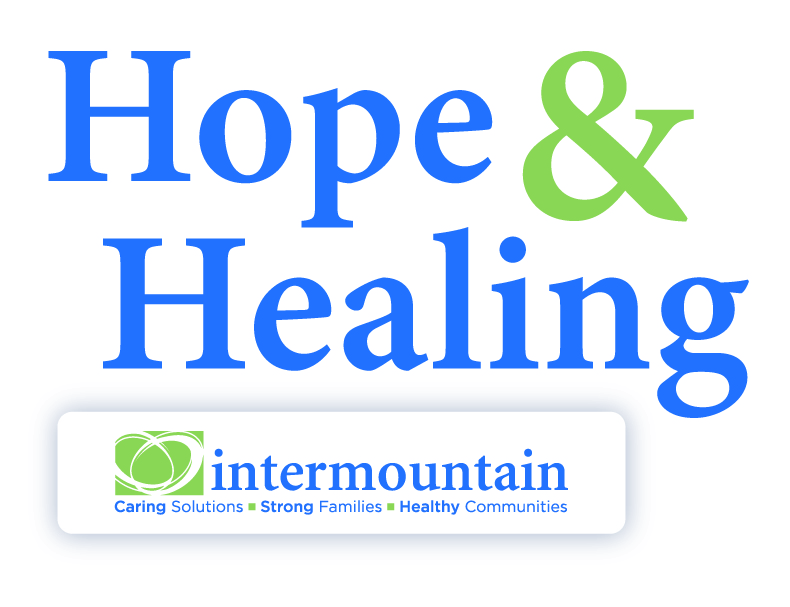By Lora Cowee, MPA, Chief Operations Officer, Intermountain
 With all the contrasting opinions and views on one of our country’s most controversial topics, health care reform, how are we, as parents, supposed to understand or believe any good can come of this? I often wonder how the world of health care will look when my own son is an adult and I worry about how decisions that are made today will impact him and my yet unborn grandchildren. No matter where you stand on this topic, I think we can all agree that we are concerned about the future of health care.
With all the contrasting opinions and views on one of our country’s most controversial topics, health care reform, how are we, as parents, supposed to understand or believe any good can come of this? I often wonder how the world of health care will look when my own son is an adult and I worry about how decisions that are made today will impact him and my yet unborn grandchildren. No matter where you stand on this topic, I think we can all agree that we are concerned about the future of health care.
With our Montana Legislature in session this winter, it is easy to lose perspective on this issue as we watch the debates play out in the headlines. But, through the work that I do with Intermountain, I am constantly reminded of the many good things that are happening. While the government evolves and decides how to deal with the issue, the industry is evolving, and there is good news for parents. Call it the silver lining to the debate on reform … many things are changing and there are benefits to these changes.
An easy example of this is the way health care is becoming more integrated between providers and specialists. The demand of the industry is that providers at every level must be able to respond quickly and treat appropriately. The use of electronic medical records as tool to assist providers is a way we have all experienced this integration. Another example is apparent in the use of current buzz words of reform such as “preventative care” or “wellness.” Insurance plans now focus on helping clients work on being and staying healthy instead of waiting until health issues present themselves.
But these examples are just the tip of the iceberg when it comes to the good things that are coming from health care reform.
One changing trend I am most excited about is the drive to integrate physical health care with mental health care. The approach to view the person in a whole health model has the ability to transform care. Intermountain and ChildWise Institute have been leaders in promoting an understanding of Adverse Childhood Experiences or ACEs (see ChildWise.org and WhatsYourACEscore.com). Simply put, the ACEs study directly correlates adverse experiences that occur in childhood to major diseases as adults. The more we understand how our mental well-being cannot be seen as separate from our physical health, the more we will be able to build a foundation for our children’s to be healthier adults.
Parents can see a benefit of integration in the advent of one-stop clinics where a variety of services are accessible through a single point of entry. This drive for integrated care was a main thrust behind Intermountain’s Community Service Center opened just two years ago in Helena. Our goal is to provide one place where families can receive all the care their son or daughter needs.
Another aspect of positive change coming from health care reform is the demand for outcomes for services. This is a concept more understood in the world of physical health care, but not as prevalent in the area of behavioral health care. In my 23 years with Intermountain, we have rarely seen a demand from payer sources such as insurance providers or Medicaid, to deliver a measurable outcome. While it seems like a fairly simple concept, it isn’t something that is routinely in place.
With advances in science, research and better understanding of the brain, we can now establish what is referred to as evidence based practices-EBP. Basically, EBP are models or approaches to certain mental health issues that have been proven through research to produce a certain result (outcome). Going forward, providers of behavioral health care will use more and more tools to assess progress and assure outcomes for clients. Data analytics will shape the future of care and services for clients.
Despite how confusing, debatable and uncertain health care seems today, parents can take hope that healing and care will improve. Whatever way the current disagreements are settled, as a whole, we are moving forward toward better health care for everybody.




